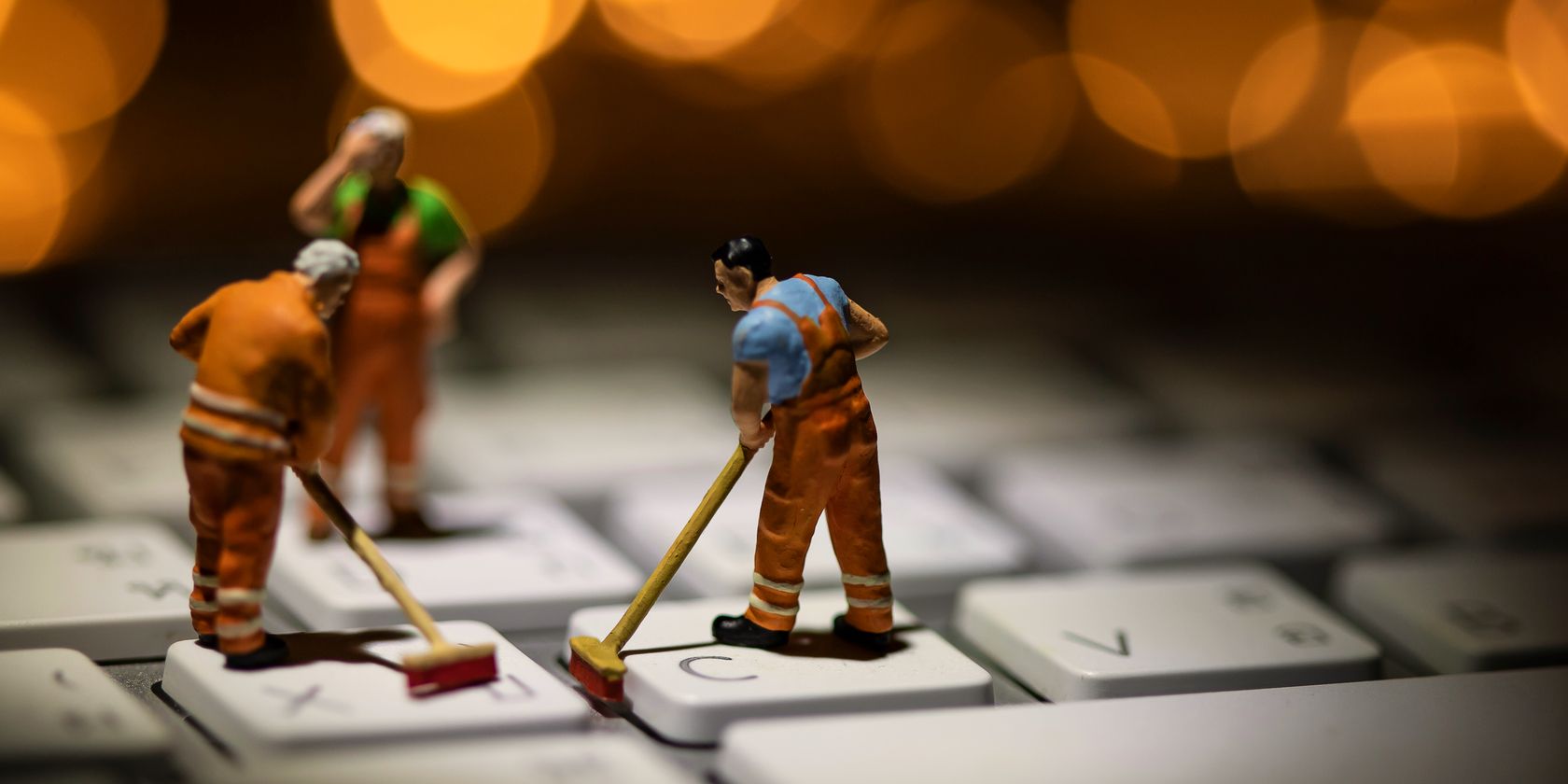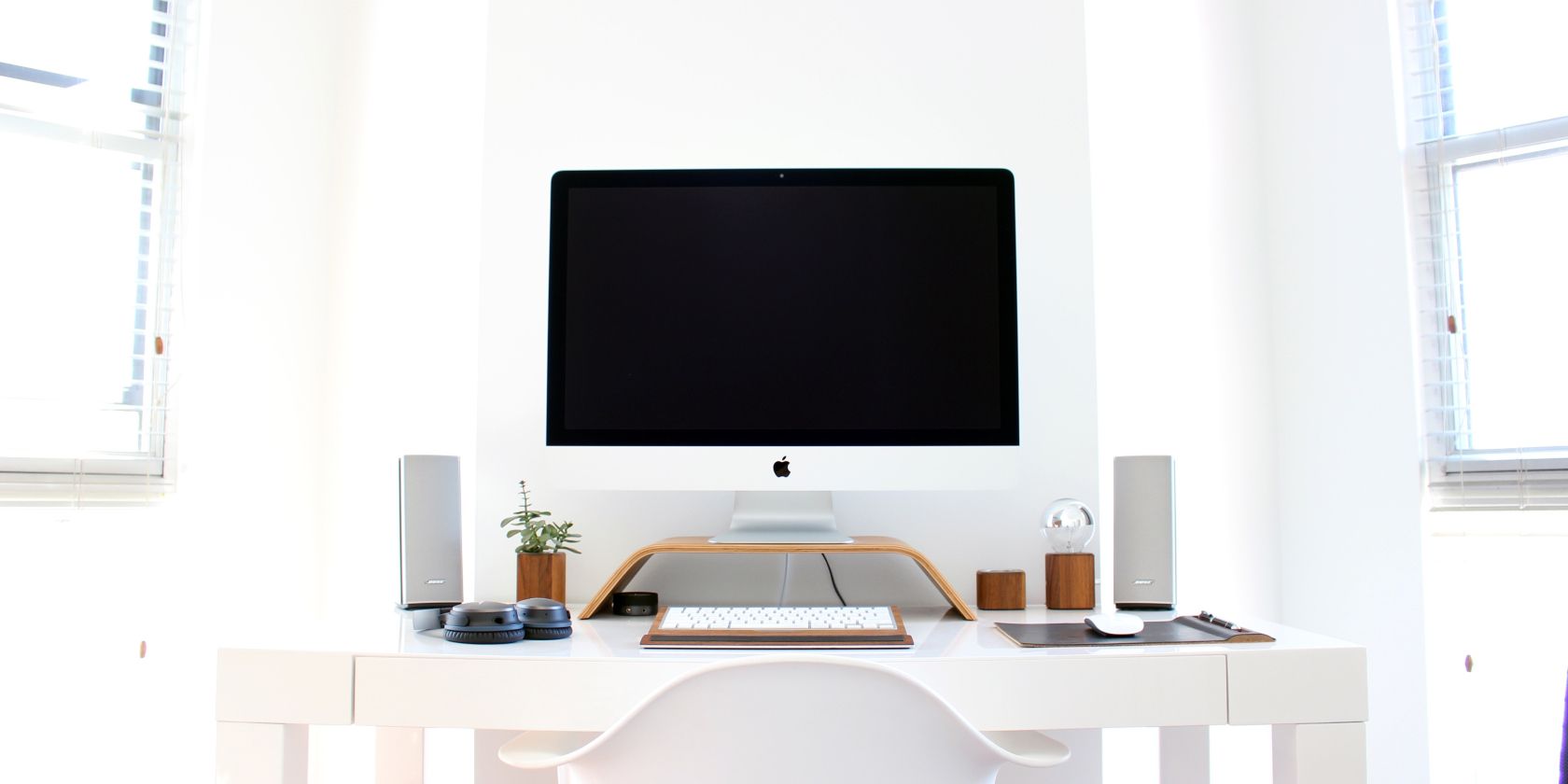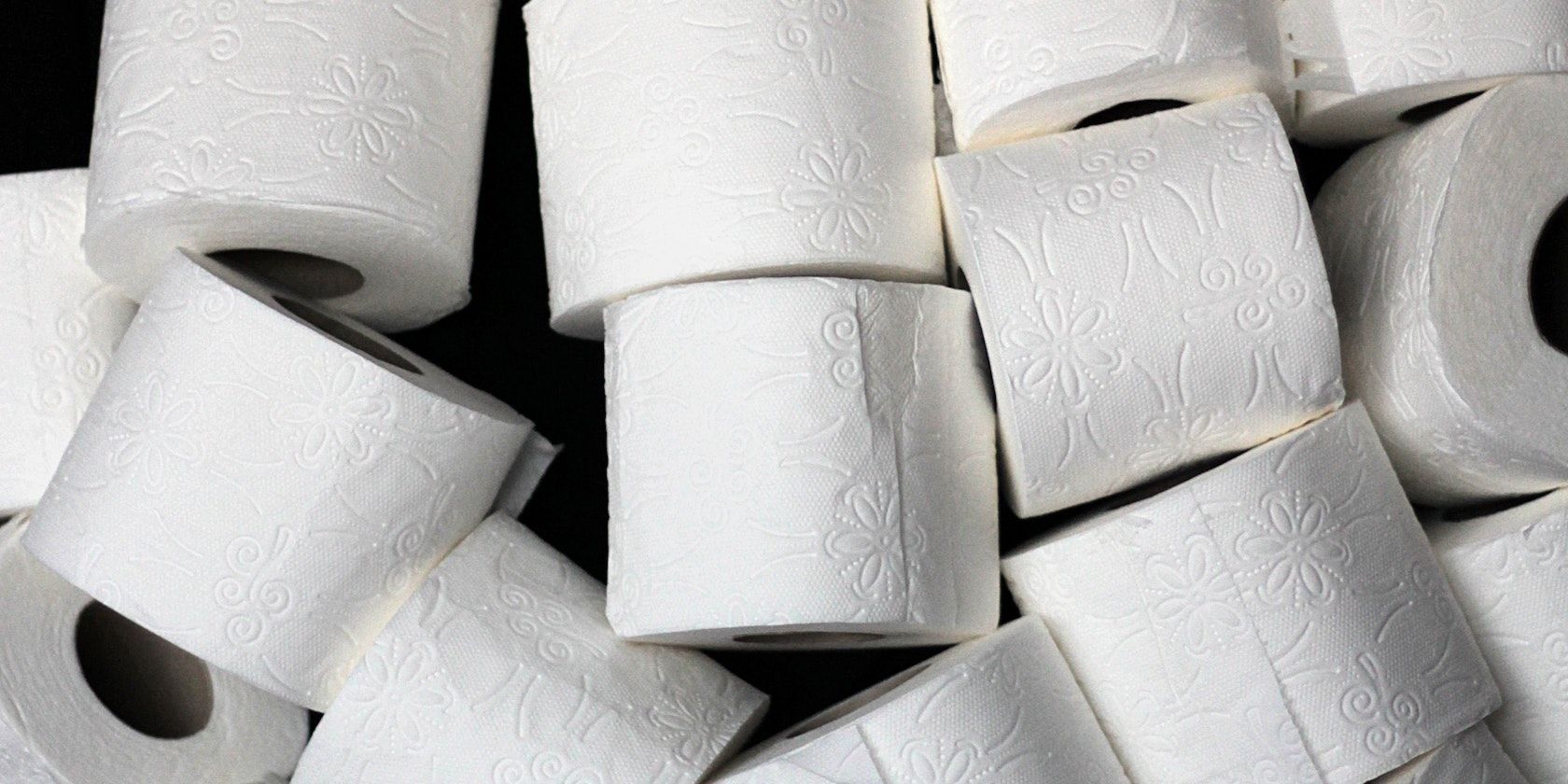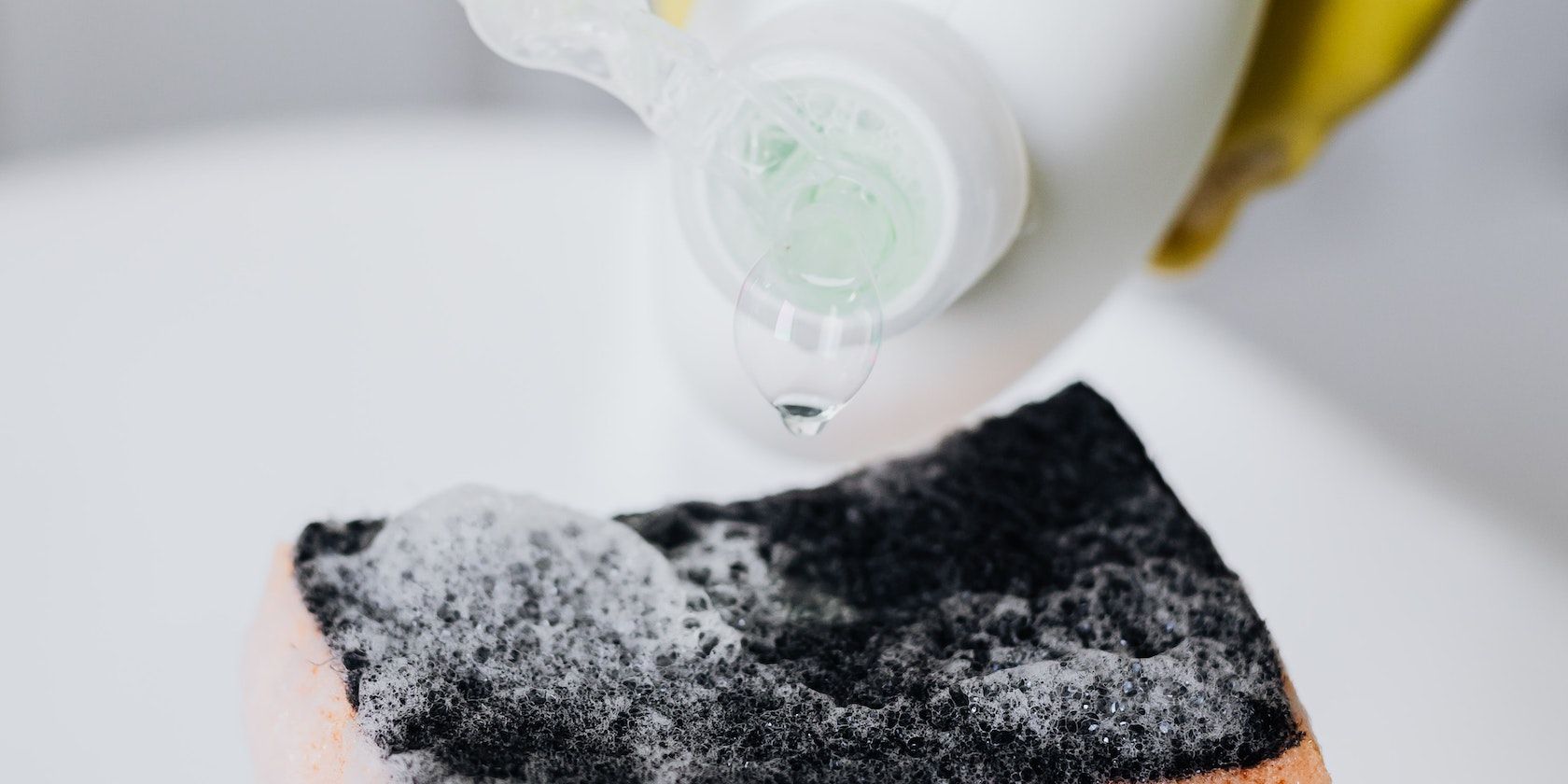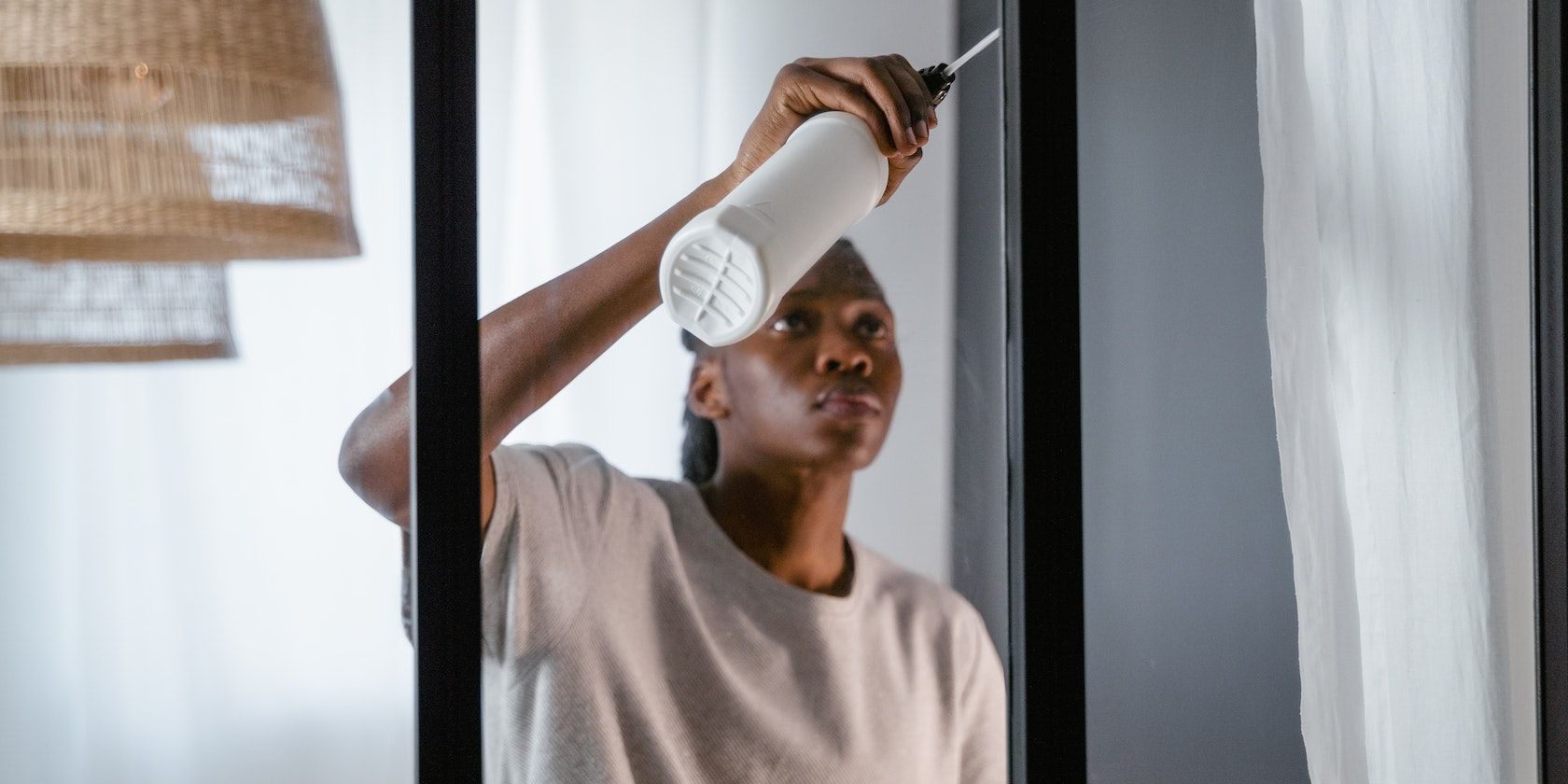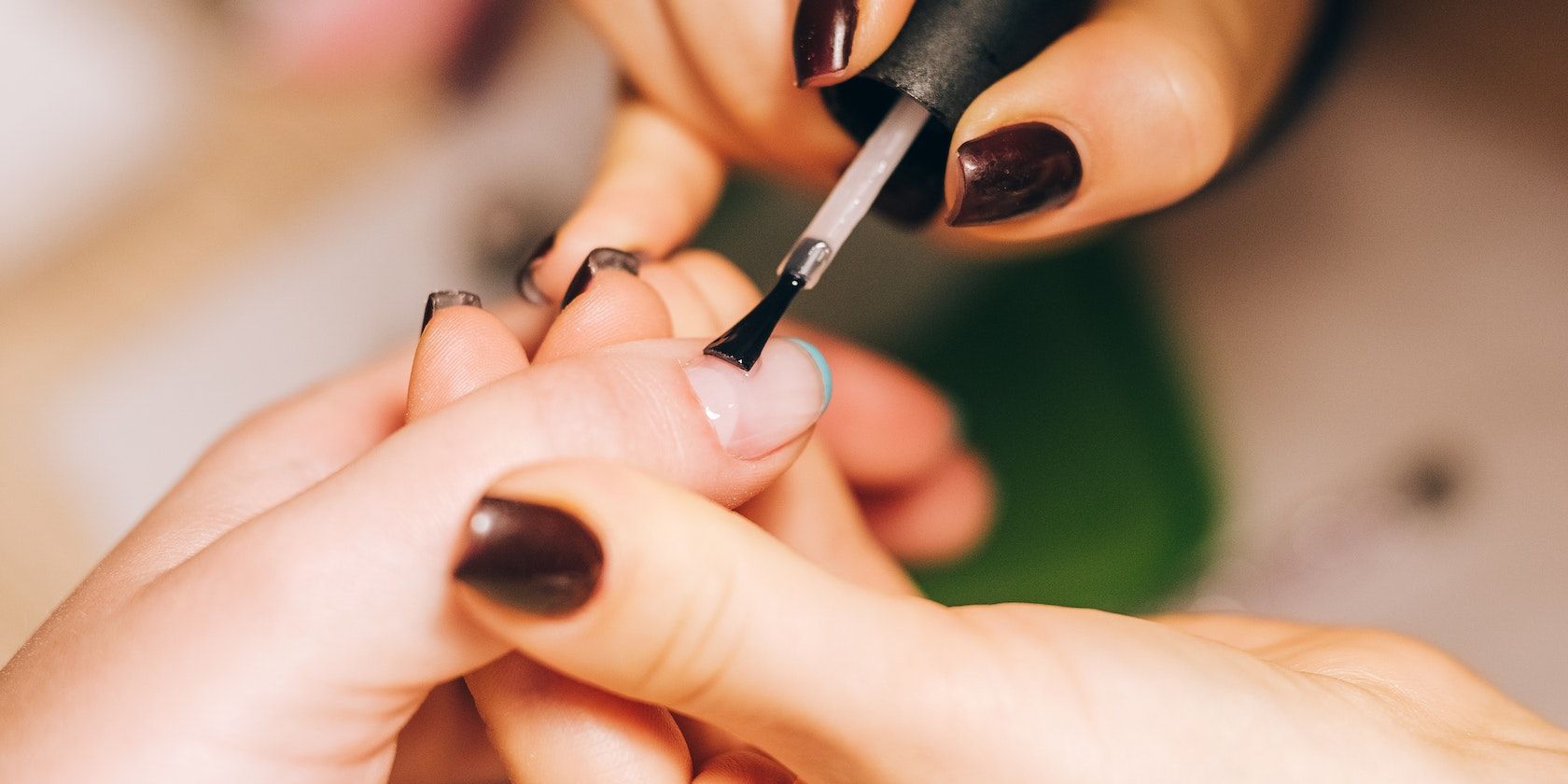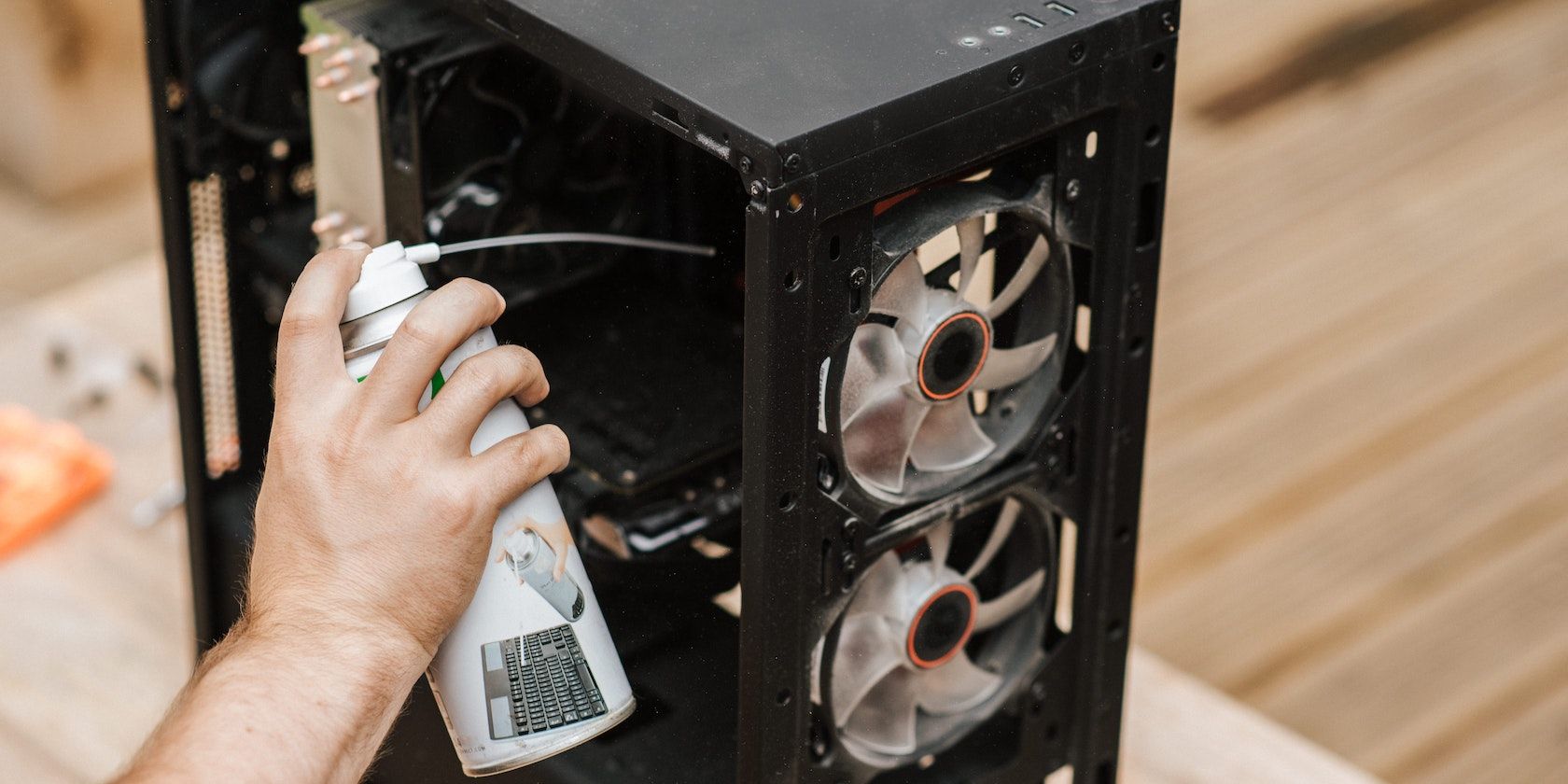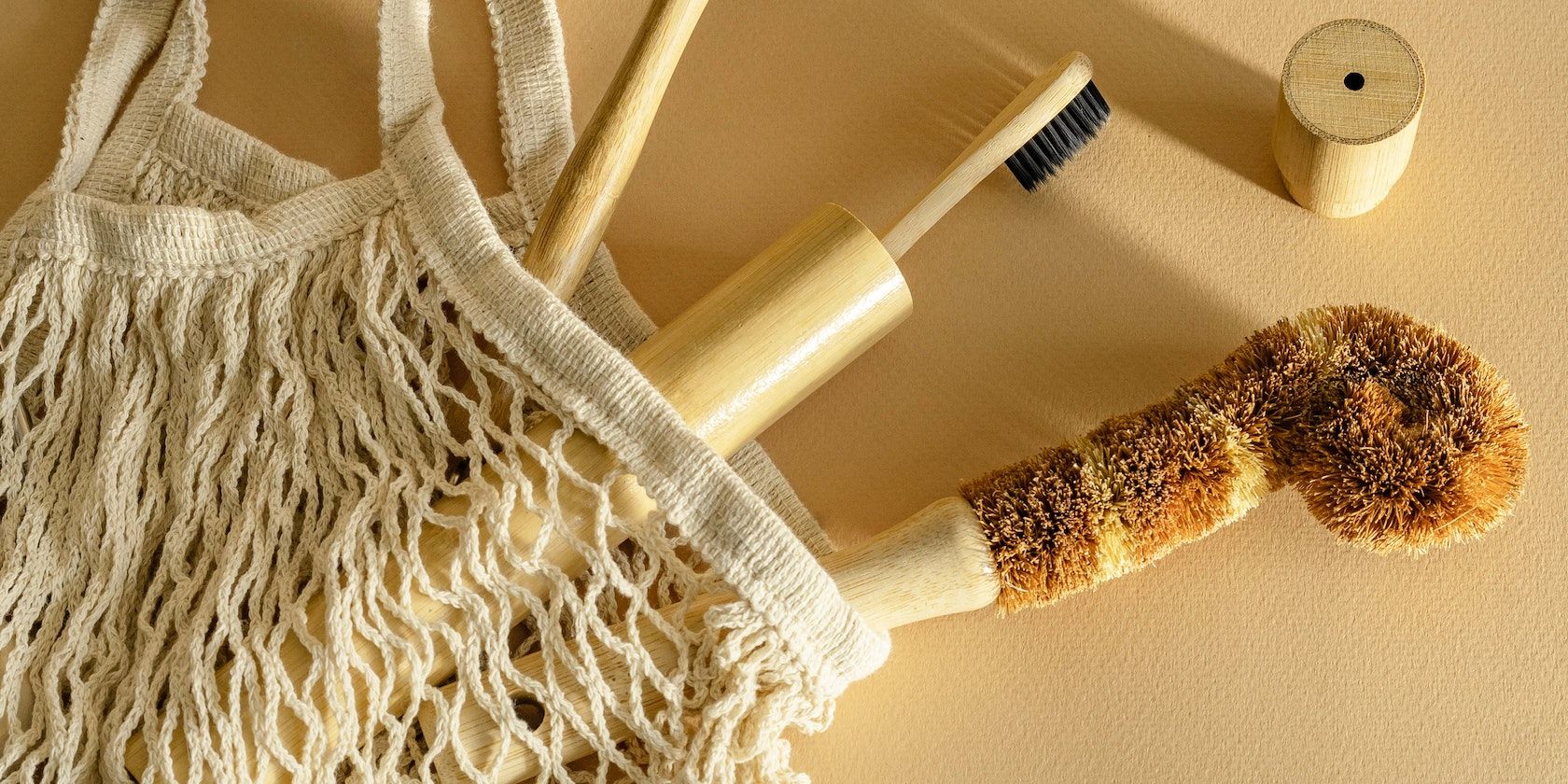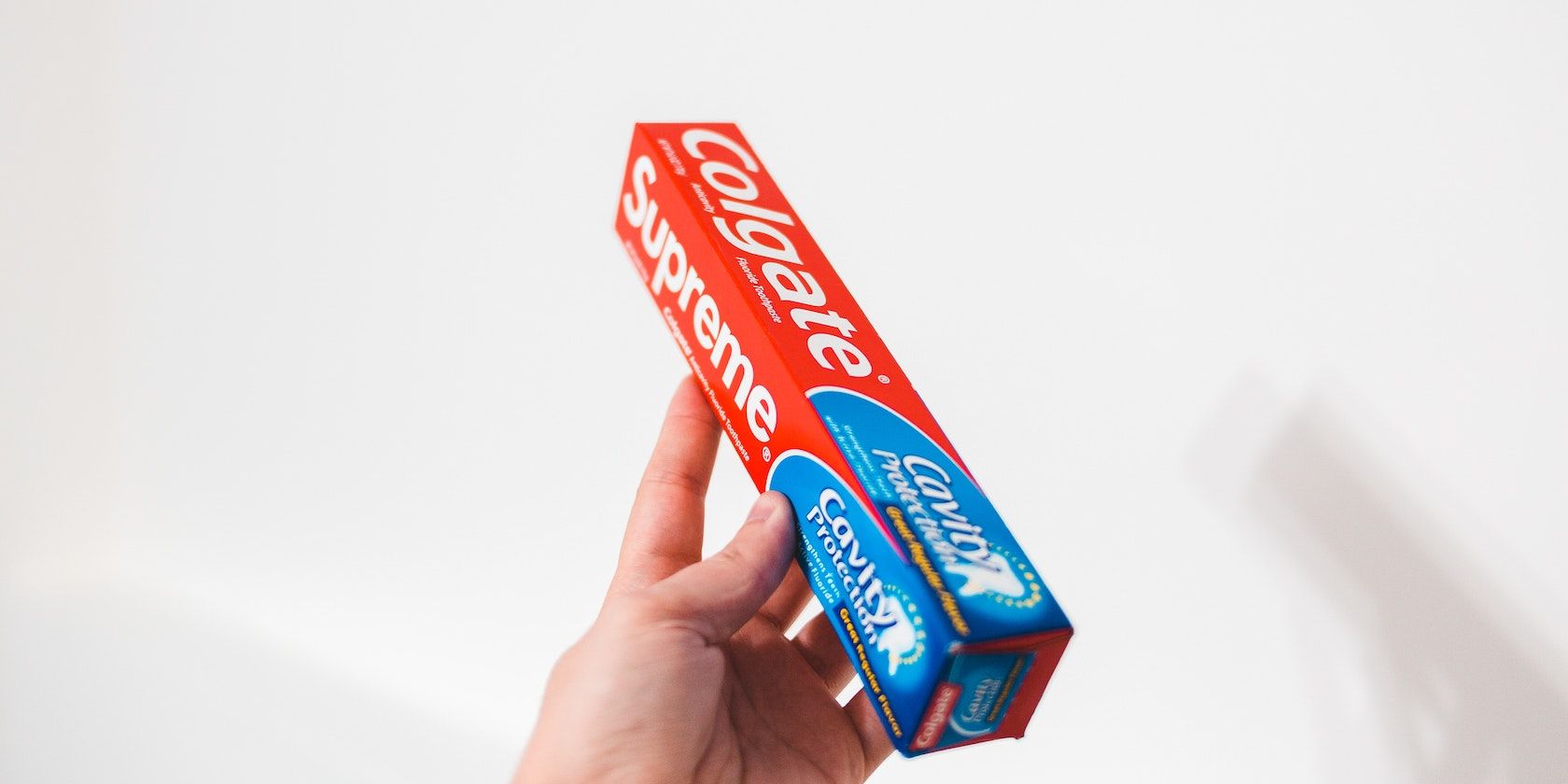Everyone keeps telling you what you can use to clean your computer, but no one tells you what you should not use.
This is just as important in our books because you could easily damage your computer if you use something you think is the right thing for cleaning it but really isn't.
Perhaps you guessed that some of the cleaning items on this list were already bad, but there may be some not-so-obvious items here that you may have considered using.
1. Household Cleaning Products
Traditional household cleaning products typically include ammonia, bleach, and vinegar. All three of these contain harsh chemicals that can corrode metal.
Ammonia and Bleach
Ammonia, in particular, can be very deceptive since it removes dirt and grease stains effectively. However, the strong alkaline will eat away at the aluminum (or any other metal) if your computer is made of metal.
Bleach also has the same effect as ammonia since they are both alkalines.
Most plastic computer shells and keycaps are made of ABS (Acrylonitrile Butadiene Styrene), which is resistant to chemical corrosion. But if you keep using it, it will become brittle and crack over time. On top of that, it will also cause discoloration on the plastic shell of your computer.
Apple has stated that ammonia, amongst other things, should never be used to clean your device's screen. Using harsh cleaning agents like ammonia is one of the most common ways to damage your MacBook.
Vinegar
As tempting as it is to use this common household cleaning agent on your computer, you must resist. Vinegar is very acidic and can corrode metal and compromise the structural integrity of polycarbonate plastic (used in making things like screens and keyboards).
However, vinegar tempered with water can make a decent DIY computer cleaning solution, as outlined in our list of tips to make your laptop look new.
2. Paper Towels or Tissues
Tissue paper and paper towels are made of wood pulp fibers, which are abrasive and can leave scratches on your computer. Using them repeatedly on the delicate part of your computer will work as a mini-sandpaper, leaving multiple scrape marks on your device.
Moreover, they will leave a residue of fibers and lint that looks terrible and can sneak into openings they're not meant to.
If you feel you need to clean the delicate part of your computer, get a lint-free microfiber cloth instead of tissue paper.
3. Dish Soap
Simply put, dish soap is not remotely designed for electronics. It can be abrasive, it can leave residue, it can cause moisture which, in turn, causes corrosion, and it can even short-circuit your computer if it drips down into its internals.
If you need something to clean your computer, find a solution with isopropyl alcohol or a product specifically designed for electronics, like iKlear or Tech Armor.
4. Window and Glass Cleaners
You might look at your window's glass and then at your computer's glass and go, "glass is glass, right?". Wrong.
Yes, they're both glass, but they have different treatments and coatings. Window and glass cleaners often contain ammonia and harsh alcohol that can damage plastics and leave hard-to-remove stains on your screen. It can also wear off the anti-reflective coating on your screen.
5. Nail Polish Remover (Acetone)
The active ingredient in nail polish remover is acetone, a powerful solvent that can dissolve plastics. It can remove the protective coating on your screen and cause other plastic components to become brittle and crack.
While it might not immediately do anything to an aluminum computer, prolonged exposure to acetone can cause your computer's aluminum shell to become discolored.
Apple has listed acetone as one of the things you should never use to clean your screen. However, it's great for occasionally removing sticker residue from anything apart from your computer's screen.
6. Regular Alcohol and Hand Sanitizers
The only alcohol you should use to clean your computer is isopropyl alcohol. Regular alcohol may contain impurities or water or be too harsh for your computer.
Windex and Lysol contain harsh alcohol that can damage your display or cause discoloration. This also applies to alcohol wipes and alcohol-based hand sanitizers.
Also, rubbing alcohol can evaporate quickly and leave streaks or smudges.
7. Baby Wipes
Much like dish soap, baby wipes aren't designed to be used for computers. They contain additives like fragrances, moisturizing ingredients, and other chemicals that can damage your device. Some also contain alcohol, which we've determined is not recommended for cleaning a computer.
Baby wipes leave a sticky residue that can attract dirt and dust, counteracting your cleaning effort and opening up your computer to potential damage.
8. High-Pressure Compressed Air
Compressed air by itself is definitely a great way to clean your keyboard and other parts of your computer. But if you hold the can too close to the delicate parts of your computer, you could potentially damage something with that powerful blast of air.
Avoid spraying it directly on your fans, circuit board, or hard drives. Ensure to buy a canister designed for electronics and read the instructions the manufacturer has left on the body.
9. Abrasive Cleaning Pads or Brushes
It's obvious that any hard-bristled brush will damage your computer and leave scratches wherever you use it. But there are also other cleaning pads or brushes made of wool or similar material that you might think won't harm your computer—they will.
In short, don't use it on your hardware if it's not a soft-bristled brush or a microfiber lint-free cloth.
10. Toothpaste and Plastic Polish
Toothpaste and plastic polish can be great for buffing out scratches on the body of your computer, but they aren't good cleaning agents. They contain abrasives that can damage delicate parts of your device, like the screen.
Clean Your Computer the Right Way
With this list, you can now tell what you shouldn't use to clean your computer and why. Computers are sensitive devices that could also be very expensive; keeping them clean the right way is important.
If you mismanage your cleaning, you could damage it irreparably and see yourself spending a lot of money. Also, you could damage your computer if you don't clean it. Use the right equipment and keep your computer clean.

